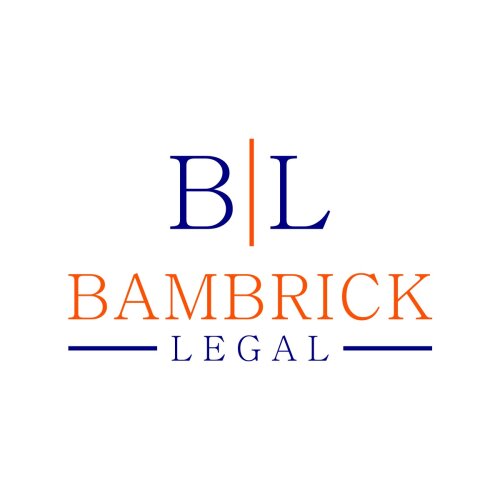Best Sexual Harassment Lawyers in Adelaide
Share your needs with us, get contacted by law firms.
Free. Takes 2 min.
List of the best lawyers in Adelaide, Australia
About Sexual Harassment Law in Adelaide, Australia
Sexual harassment is considered a form of discrimination under Australian law and is prohibited by the Sex Discrimination Act 1984 (Cth). Sexual harassment can occur in any type of working relationship, including between colleagues, supervisors, subordinates, or vendors. It includes unwelcome sexual advances, requests for sexual favours, or other unwelcome conduct of a sexual nature which offends, humiliates, intimidates or creates a hostile working environment. The law applies equally in Adelaide, as it does in the rest of Australia.
Why You May Need a Lawyer
When you're unsure whether you're a victim of sexual harassment, a lawyer can provide guidance. Lawyers with expertise in this area can clarify your rights, discuss potential courses of action, and assist you with any claims you decide to take to court. If you're accused of sexual harassment, you should consult a lawyer immediately to understand your legal options and potential defenses. Lawyers can also provide assistance with workplace policies related to sexual harassment to prevent such incidents.
Local Laws Overview
In Adelaide Australia, the Equal Opportunity Act 1984 (SA) prohibited sexual harassment before it was recognized in federal legislation. The Act defines sexual harassment as unwelcome sexual attention which would offend, humiliate or intimidate the person towards whom the conduct is directed. This includes a wide range of behaviours such as unwelcome touching, lewd remarks, the display of offensive material, or sexual propositions. It also covers scenarios where a refusal or objection to this conduct results in victimisation.
Frequently Asked Questions
1. What types of behaviors are considered sexual harassment?
Sexual harassment includes any unwanted or unwelcome sexual behavior that makes a person feel offended, humiliated or intimidated. This can include jokes, touching, comments, requests for sexual favors, and displaying inappropriate materials.
2. What to do if I'm sexually harassed at work?
If you feel that you're being sexually harassed at work, it's important to document the incidents and report it to the appropriate person in your workplace, often a manager or HR representative. If the issue is not resolved, or if you experience retaliation, legal consultation may be necessary.
3. Can I claim compensation for sexual harassment?
Yes, if you suffer loss or damage due to sexual harassment, you may be entitled to compensation depending on the circumstances of your case and the applicable laws.
4. Can sexual harassment happen outside of work?
Yes, sexual harassment is not limited to the workplace. It can also occur in other facets of life, such as within education, provision of goods and services, accommodation, and more.
5. What is the time limit for filing a sexual harassment claim?
Generally, a complaint must be lodged within six months of the alleged discriminatory act. However, in certain situations the time limit may be extended, with the discretion of the Commissioner.
Additional Resources
You may find additional resources and information from the Human Rights Commission, Legal Services Commission, and community legal centres in Adelaide, which provide free or low-cost assistance. The Equal Opportunity Commission of South Australia also has a range of information and support services related to sexual harassment.
Next Steps
If you believe you're a victim of sexual harassment, are accused of such behaviour, or wish to make your workplace safe from such incidents, you should consult with a legal professional experienced in sexual harassment cases. They can give you a thorough understanding of your rights, obligations, and potential courses of action.
Lawzana helps you find the best lawyers and law firms in Adelaide through a curated and pre-screened list of qualified legal professionals. Our platform offers rankings and detailed profiles of attorneys and law firms, allowing you to compare based on practice areas, including Sexual Harassment, experience, and client feedback.
Each profile includes a description of the firm's areas of practice, client reviews, team members and partners, year of establishment, spoken languages, office locations, contact information, social media presence, and any published articles or resources. Most firms on our platform speak English and are experienced in both local and international legal matters.
Get a quote from top-rated law firms in Adelaide, Australia — quickly, securely, and without unnecessary hassle.
Disclaimer:
The information provided on this page is for general informational purposes only and does not constitute legal advice. While we strive to ensure the accuracy and relevance of the content, legal information may change over time, and interpretations of the law can vary. You should always consult with a qualified legal professional for advice specific to your situation.
We disclaim all liability for actions taken or not taken based on the content of this page. If you believe any information is incorrect or outdated, please contact us, and we will review and update it where appropriate.











